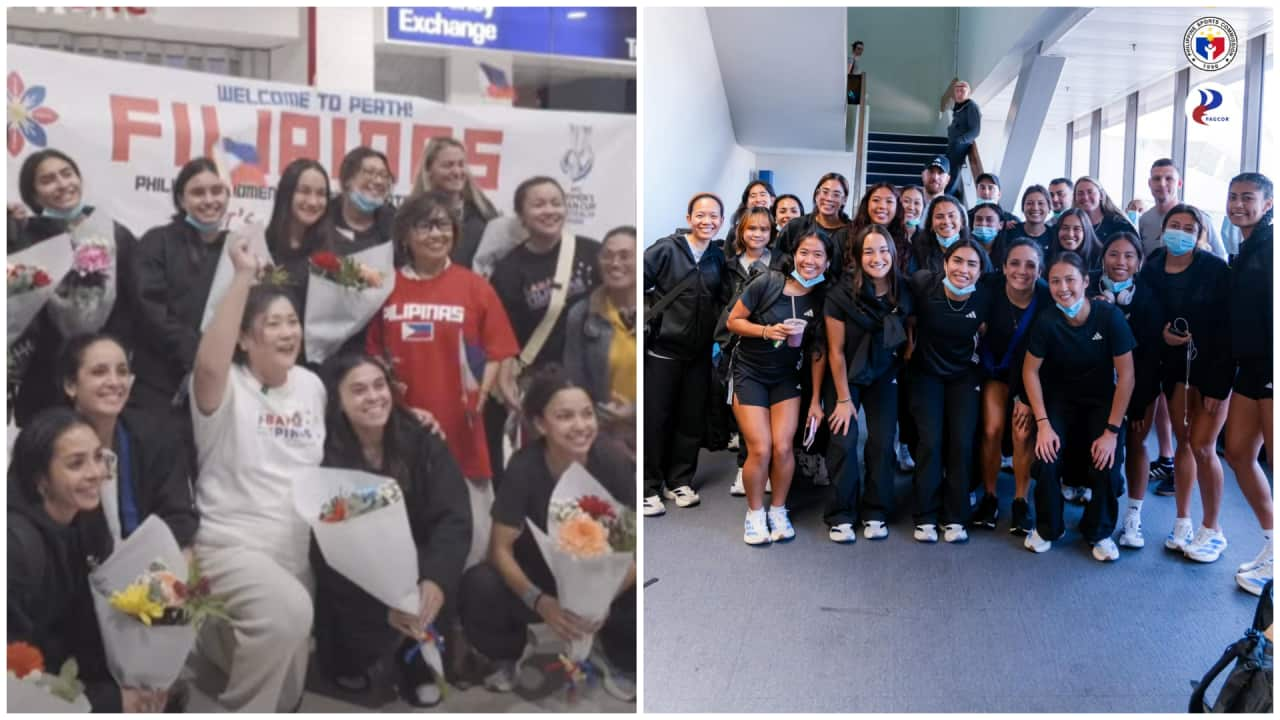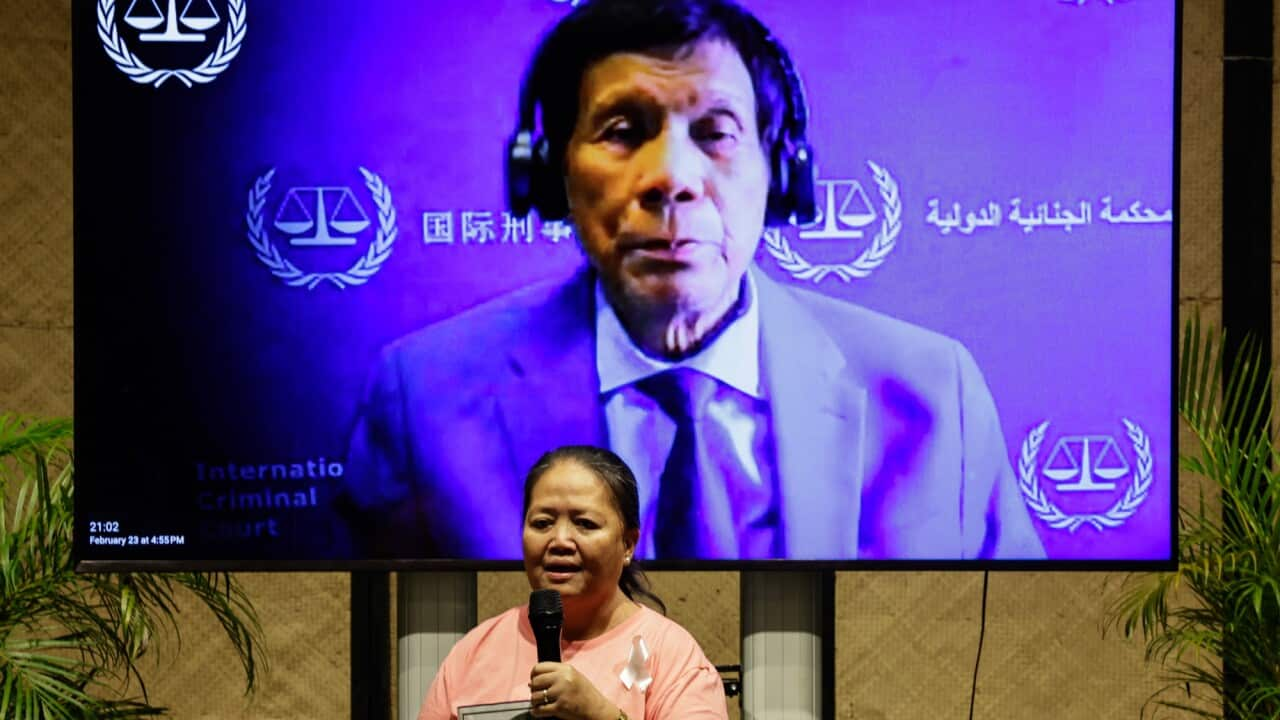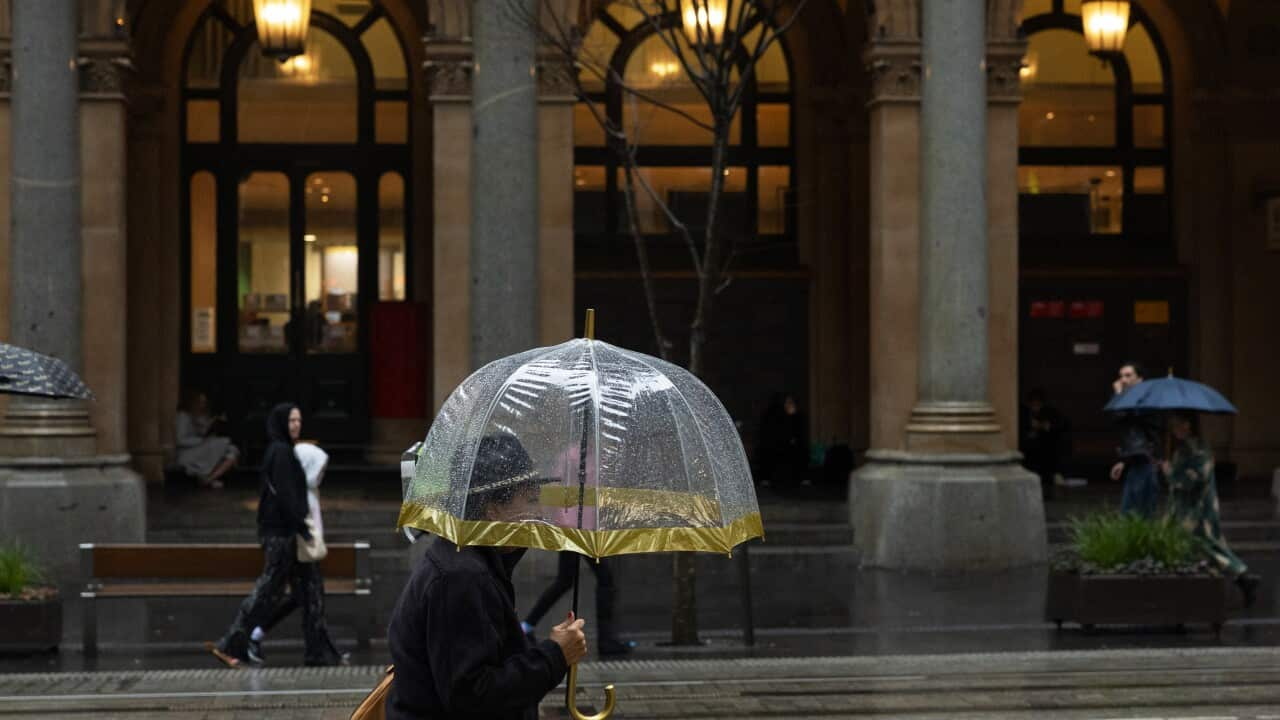When you do what you love, you won't work a day in your life; but for Joey Espino and Jao Jundam, sustaining the lives they were living meant settling for work they can get.
No local experience
"My family had a hard time absorbing what we were going through in Australia. At one point, my brother said to us 'Why make life difficult? You can just go back home.'"
Back home, Joey worked as a university professor and legal editor, while her husband Kris was a medical technologist.
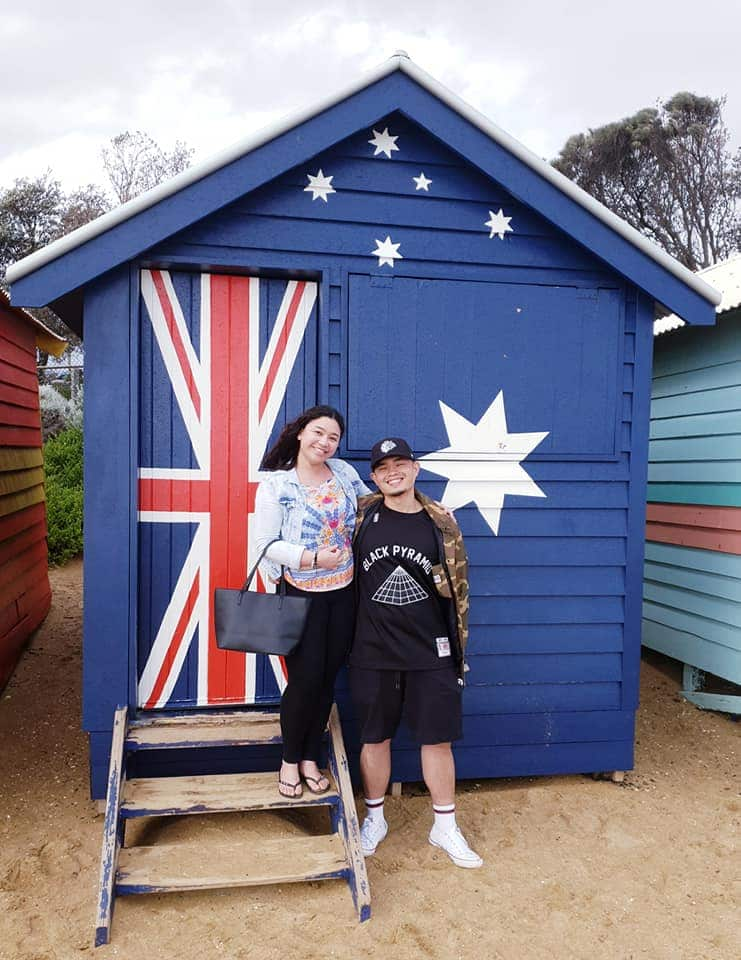
"I was also already in my third year as a law student in the Philippines when we decided to move to Australia so I could continue my law studies here," she shares. "It was a big gamble because we already had good careers in the Philippines. Here, it was a different story."
The couple's story in Australia began with a feeling of desperation and a need to downplay past accomplishments.
"We tried looking for work in our respective fields, but we would always get rejected. Employers would say that either we didn't have local experience or our experience in the Philippines didn't have weight. But we thought,'how can we get local experience if no one gives us a shot?'"
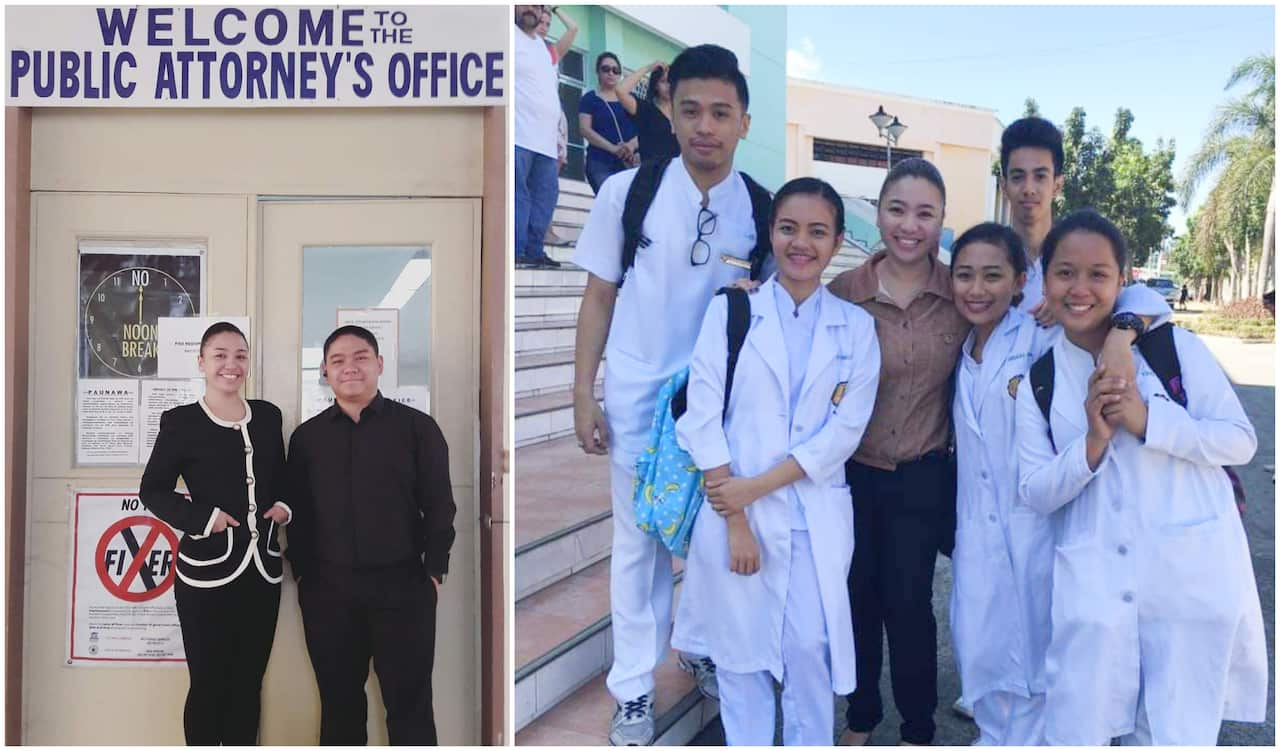
To get a shot, Joey shares that they tweaked their CVs so that they wouldn't be looked at as 'over-qualified'. They omitted their degrees and achievements, deciding that they would accept whatever work they could get.
Whatever work they could get included working as cleaners, café all-rounders, bread-cutters, disability support workers, door-to-door salespeople, and pet sitters.
"I had 11 different odd jobs in four months. To be honest, it was devastating. Every night, we would cry and ask ourselves if we could still continue. Our tuition fees were too much and we were struggling to survive," Joey shares, adding, "but we would wake up the next day and tell ourselves that if others are able to make it, we can too."
This optimism allowed the couple to look past work they never considered doing in the past.
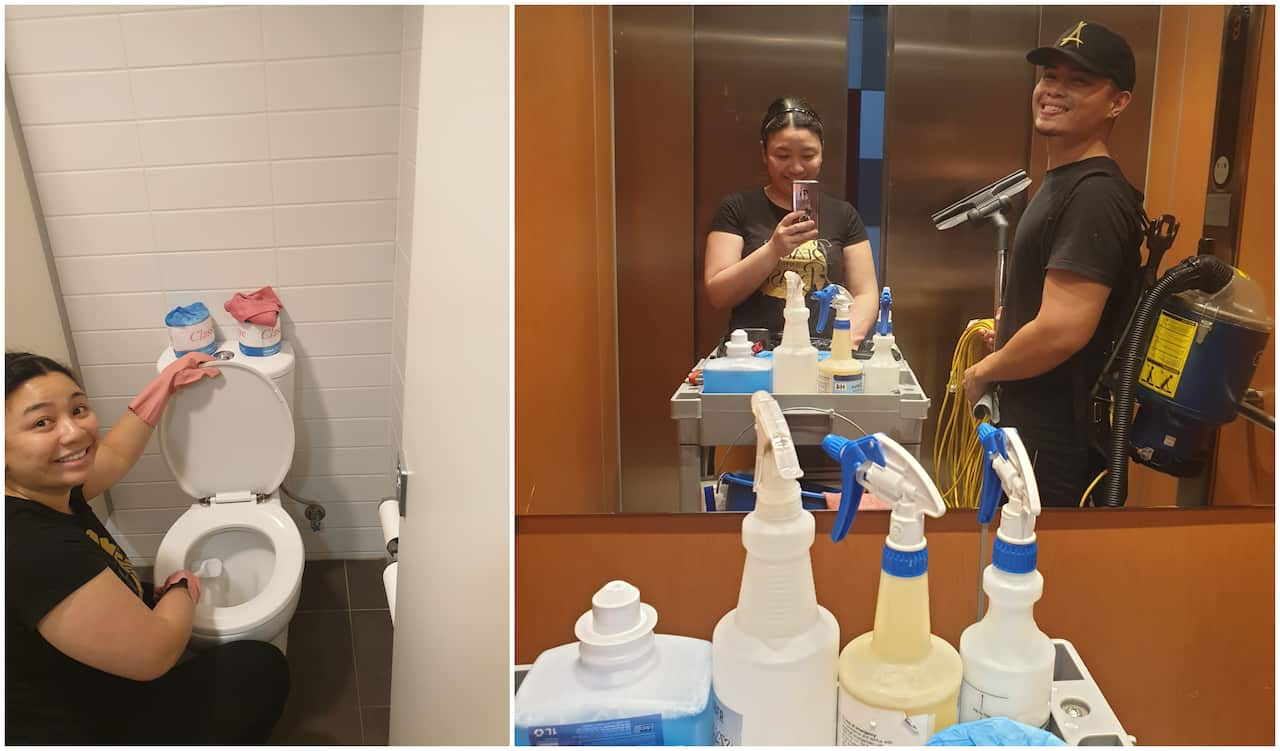
"We feel lucky that we're cleaners here in Australia instead of in the Philippines - we're earning in dollars and cleaning jobs here are less 'dirty' than back home. Our parents felt sad though that after sending us to good schools, we became cleaners. But we told them that this is how we survive. We have a lot of respect for people in this line of work."
While the couple continues in this line of work, they've also found better-paying jobs two years ago in a warehouse near where they live.
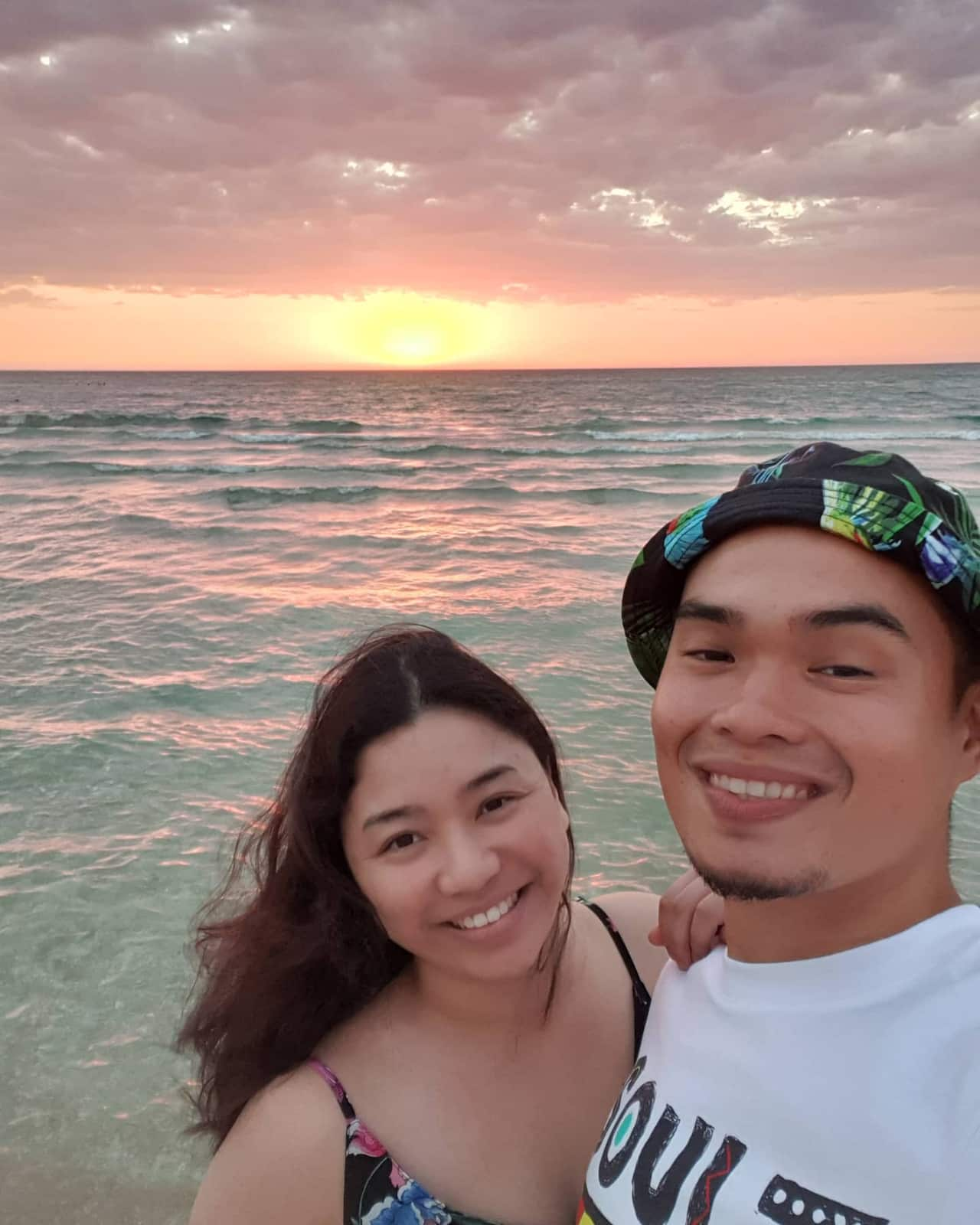
"Kris works as a forklift driver. I applied to be a packer but, I was offered a customer rep job in their office. We still struggle, but we can breathe a lot easier now. Now when people try to convince us to go home, we say no. This is for our future. It's hard, but we'll make it."
Top, to the bottom, to the top
"In 2015, I was top 7 out of 17,000+ in the nursing board. I wanted to study medicine, it's a family legacy," Jao Jundam shares.
"But after talking with my family, I decided to try nursing in Australia first."
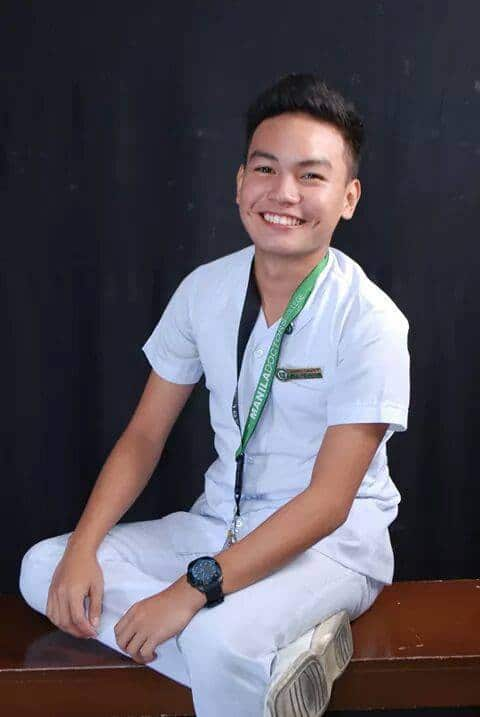
For Jao, studying and eventually pursuing nursing in Australia will allow him to save enough money for his future medical studies.
The decision to study in Australia led him to take up a Bachelor of Nursing degree at the University of Canberra.
"My aunt from Brisbane would help me financially, but I wanted to earn my own money as well. I applied for work in hospitals and aged care, but I kept on getting rejected," he shares.
"I kept on asking myself 'Is Australia really for me?'"
While he felt he couldn't find a definite answer, phone calls to his mum in the Philippines gave him the strength to push forward.
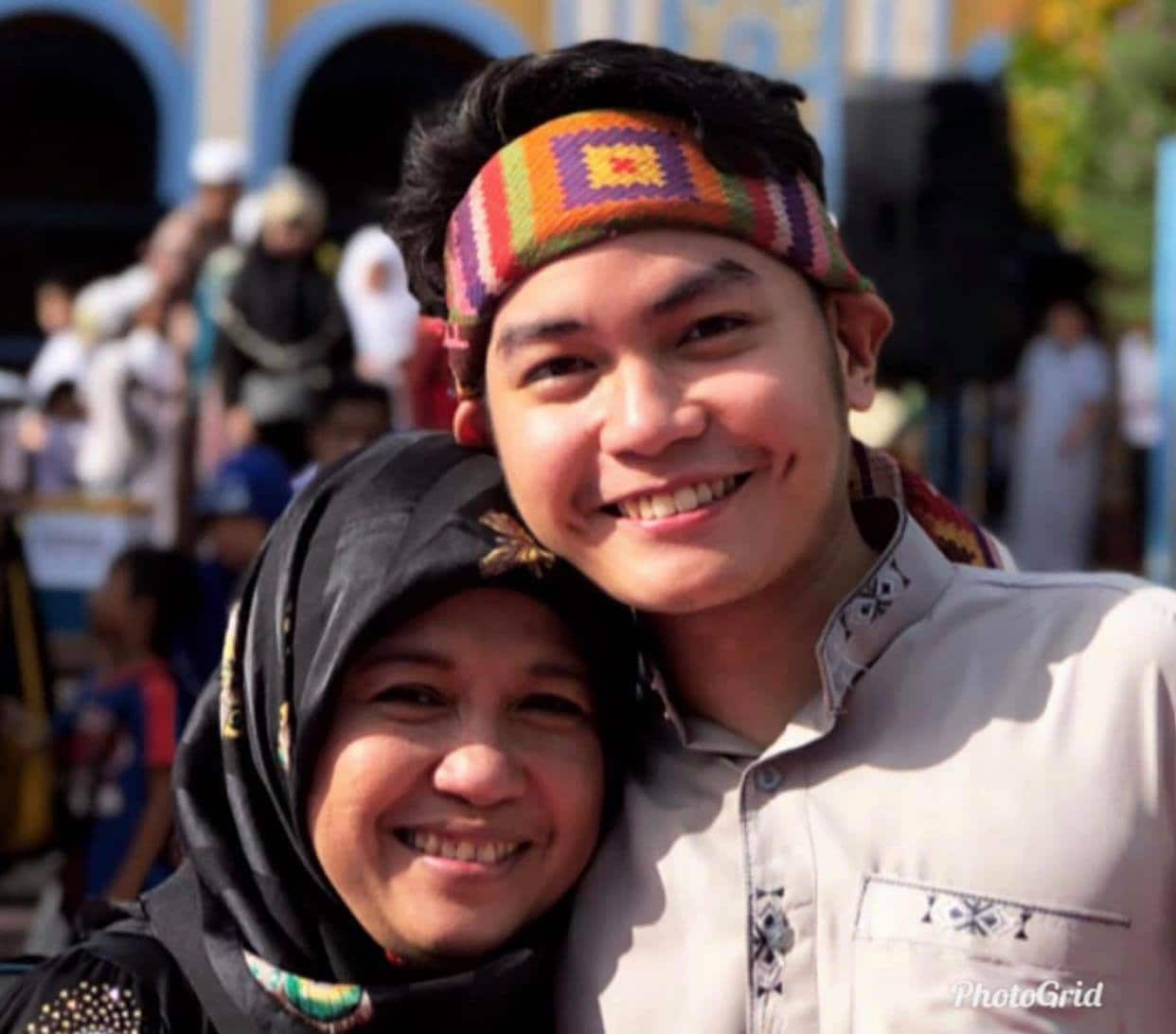
"I went through a depression, realising that being a board top-notcher back home did not mean a lot here," he says.
"Even if my mum was far away, she would encourage me. She was with me in my struggles and she would be with me in my successes. She was a major reason I survived."
Financial survival in Australia, on the other hand, meant taking on a job selling fish in the market.
"I found work in the Sea Harvest market. I took it as a positive experience - now I know so much about fish," Jao laughs, adding, "I remember my manager would give me the five-dollar bags of leftover fish that weren't sold. I was happy about that."
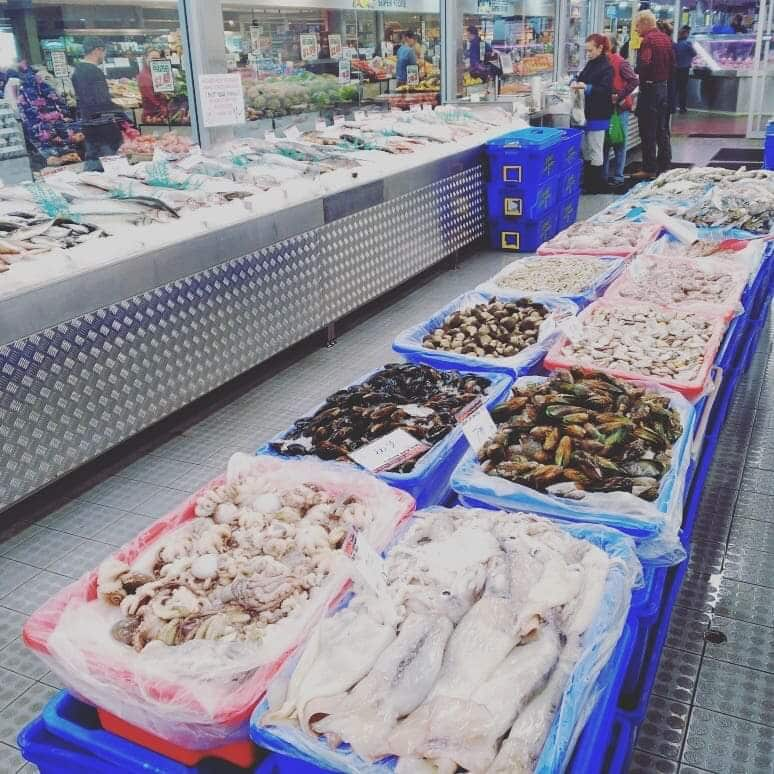
After working as a fish vendor and graduating from university, Jao moved to Brisbane to live with his aunt.
"I was a registered nurse in Australia, but job-hunting was still difficult at first. I had 100 different folders for 100 applications.
"While I waited for a nursing job, I worked as a cleaner. I understood that being in a new country meant I had to start from scratch."
Starting from scratch has taught Jao to be humble as he progressed to getting casual work through a nursing agency and eventually, being permanently employed by the Redcliff Hospital in Moreton Bay.

"I'm in the medical assessment unit. It's a fast-paced ward. There are a lot of Filipinos in our ward and it feels like a family so I love it," he shares.
The life he now loves and enjoys has made him appreciate what he had to go through.
"I'm now someone who’s stronger, smarter and a better fighter in life. It's hard; but at the end of the day, it will always be worth it."
ALSO READ / LISTEN TO



